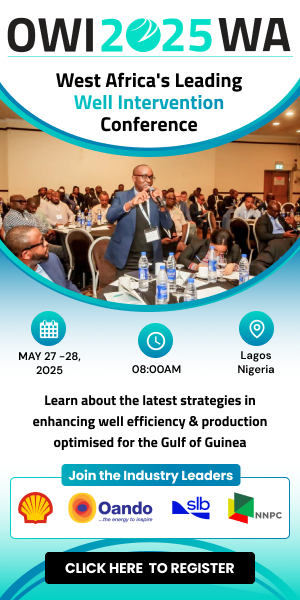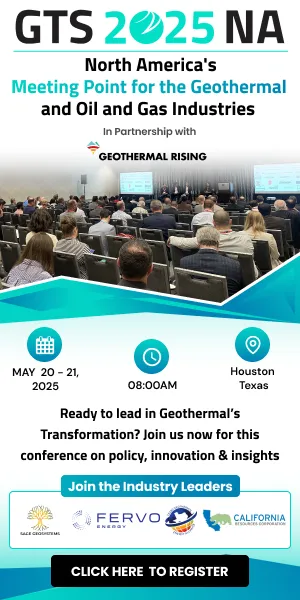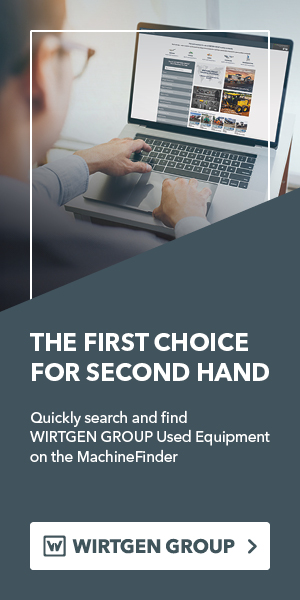
MYSOL strengthens its chrome mining operations in South Africa with Volvo equipment. (Image source: Volvo CE)
MYSOL has rapidly emerged as a leading chrome mining contractor in South Africa, driven by a fleet of high-performance Volvo Construction Equipment, including excavators, wheel loaders, and articulated haulers. The company also benefits from dedicated service support provided by local Volvo dealer Babcock
Solly Madibela, owner of MYSOL, is crafting a success story built on vision, determination, and the robust power of Volvo excavators, wheel loaders, and articulated haulers. By 2025, the company aims to extract 200,000 tonnes of chrome ore per month using its own fleet, reinforcing its position in the stainless steel supply chain.
The foundation of trust in Volvo machines
Madibela’s journey with Volvo Construction Equipment began with hands-on experience operating their machines. “The performance of the Volvo machines was excellent, and I noted that the technology was updated on every new model,” he recalled, reflecting on his early days as a contractor using Volvo crawler excavators. This exposure laid the foundation for his trust in Volvo’s durability and innovation, shaping his long-term strategy for MYSOL.
Entering the chrome mining industry
After establishing MYSOL in 2018, Madibela initially relied on rented machinery. However, his goal was to own and operate his own fleet of mining excavators. That ambition became reality in 2021 when he purchased a Volvo EC550E crawler excavator along with a Volvo wheel loader, marking the start of an important partnership.
MYSOL quickly expanded its operations, adding a second EC550E, followed by three EC950E and three EC750D excavators. Among them, the EC750D stood out as Madibela’s preferred choice. “The EC750D is so fast and reliable. You should see that machine working!” he says.
Scaling up with Volvo articulated haulers
In 2024, MYSOL further enhanced its mining fleet with Volvo articulated haulers, which work seamlessly alongside the company’s excavators in large-scale excavation projects. A major fleet expansion in September 2024 included 18 Volvo A40 articulated haulers, four additional EC750D excavators, and two more EC950E excavators.
“In this industry, performance is everything. Every cube that we move from the mine counts, so I need machines that are reliable and efficient. Thanks to the performance of the Volvo machines, and the support that I have received, MYSOL has been able to considerably expand over the last few years,” Madibela states.
Looking ahead to 2025, MYSOL has placed orders for 27 more articulated haulers and nine excavators to support new contracts.
Comprehensive service and support from Babcock
Beyond high-performance machinery, MYSOL’s success is also attributed to the strong service support provided by Volvo dealer Babcock.
“Babcock have supported our growth from the start, from structuring finance deals to safeguard our cashflow, to ensuring quick turnaround times of machines and parts, and providing fast responses and solutions to any queries we may have,” stated Madibela.
He highlights the importance of machine uptime and availability in his operations. “They understand that our business is based on production, and that if we don’t produce, we don’t make money. Availability of our machines is critical, so Babcock have provided us with four on-site mechanics to service our machines as part of our maintenance contracts. Their parts availability is excellent, and if a specific part isn’t available, they will make a plan for you.”
A Strong partnership driving mining growth in South Africa
For Madibela, the relationship with Volvo and Babcock extends beyond just acquiring equipment—it’s a strategic business partnership.
“Babcock don’t only care about selling me machines – they really care about my business,” said Madibela. “Their team is very hands-on and they find the best solutions and prices. Babcock have helped me to perform better, and thanks to them, I’m getting more business.”
As MYSOL continues to expand its presence in South Africa’s chrome mining sector, Madibela remains committed to Volvo Construction Equipment and Babcock’s support. “As my business grows, I intend to continue using Volvo Construction Equipment exclusively, as these powerful machines add leverage and value to my tender applications, affirming that MYSOL can deliver for our clients,” concluded Madibela.
























